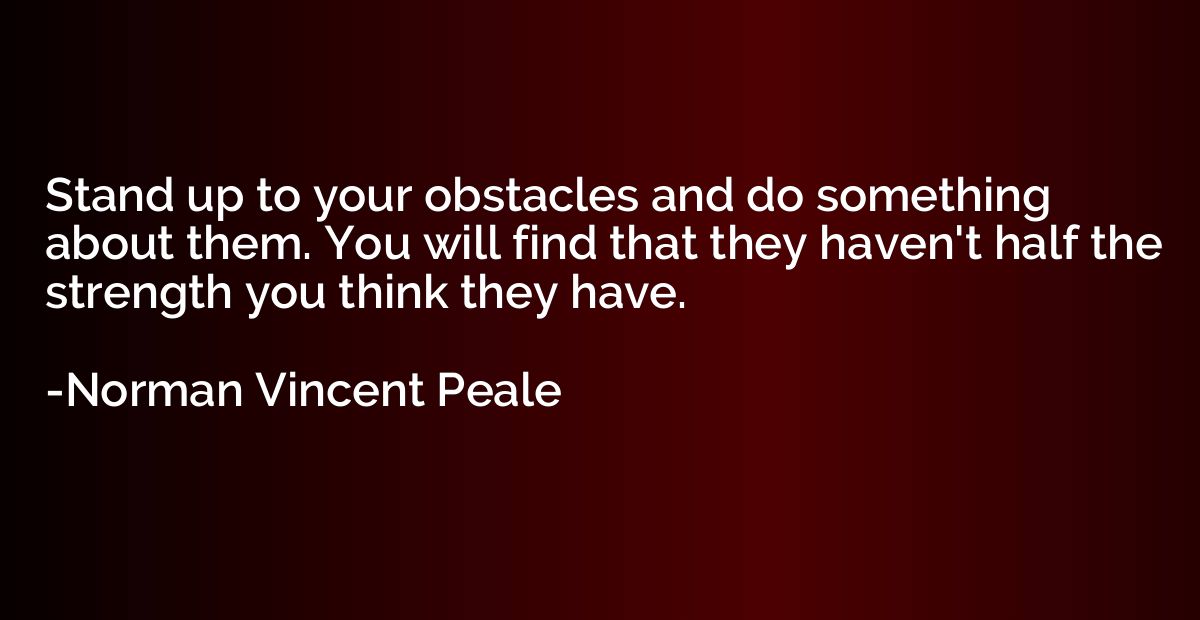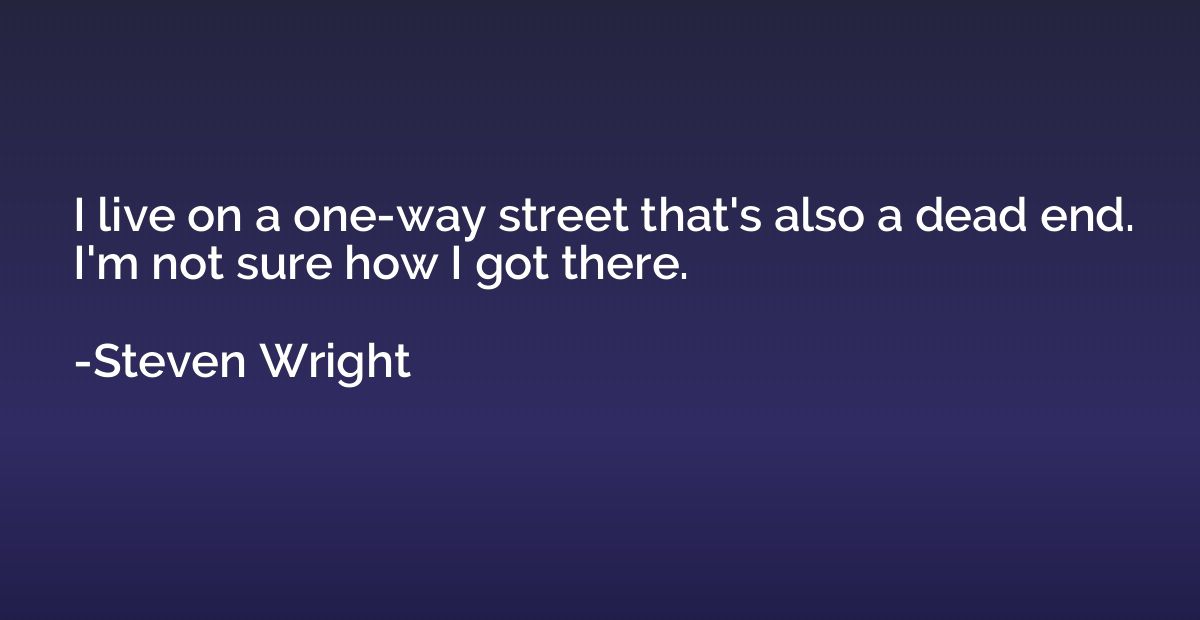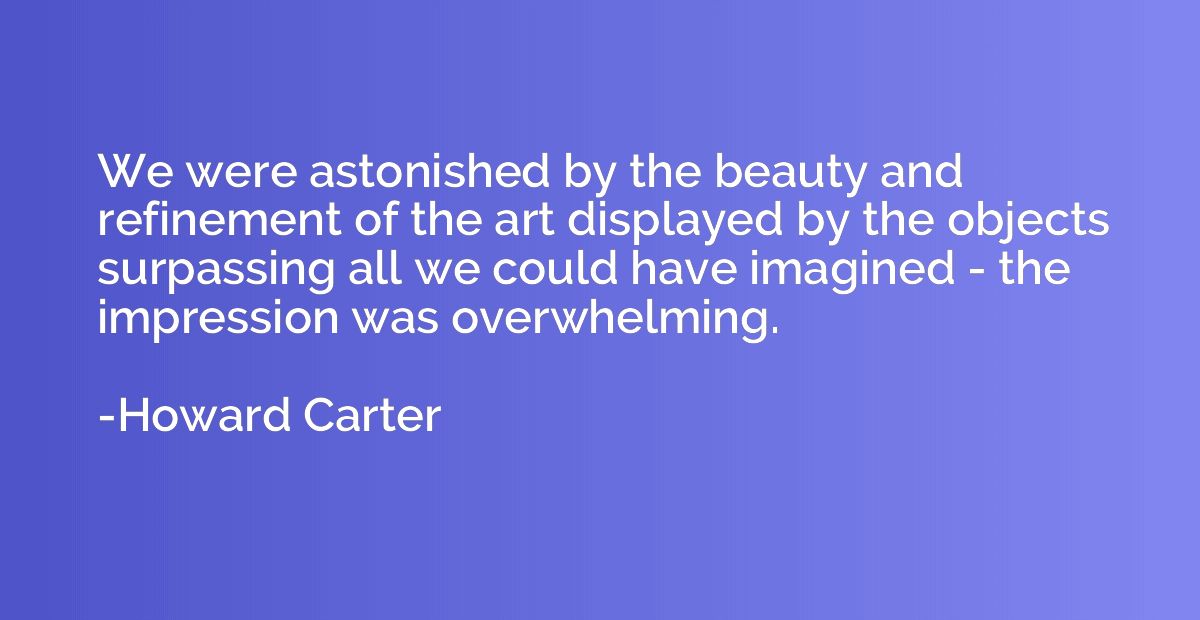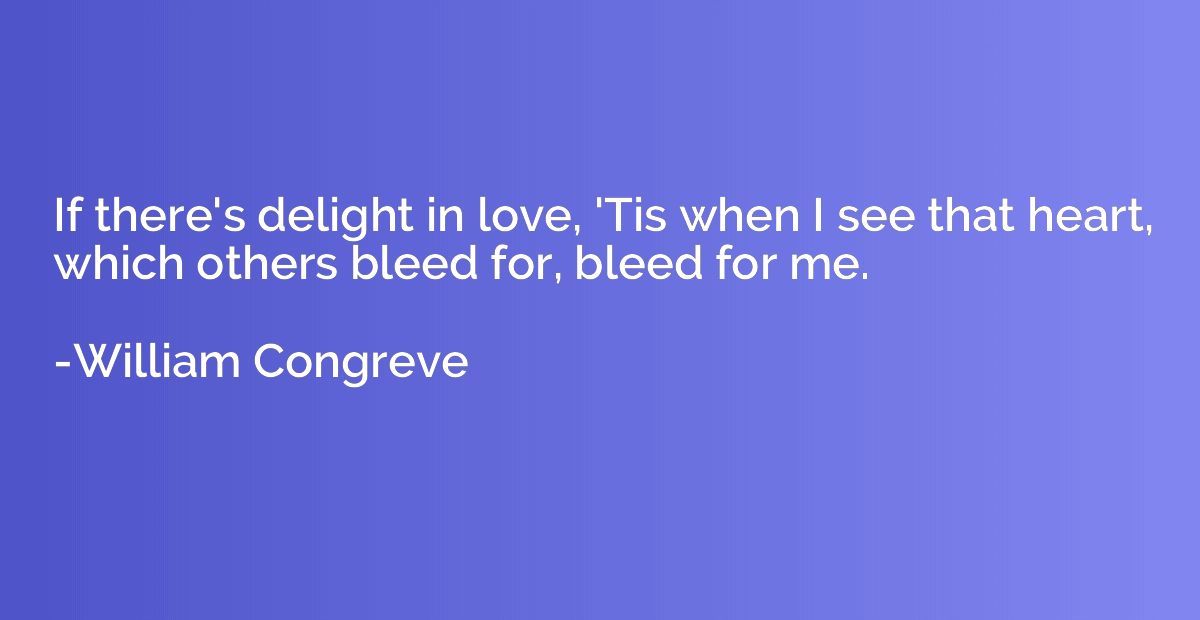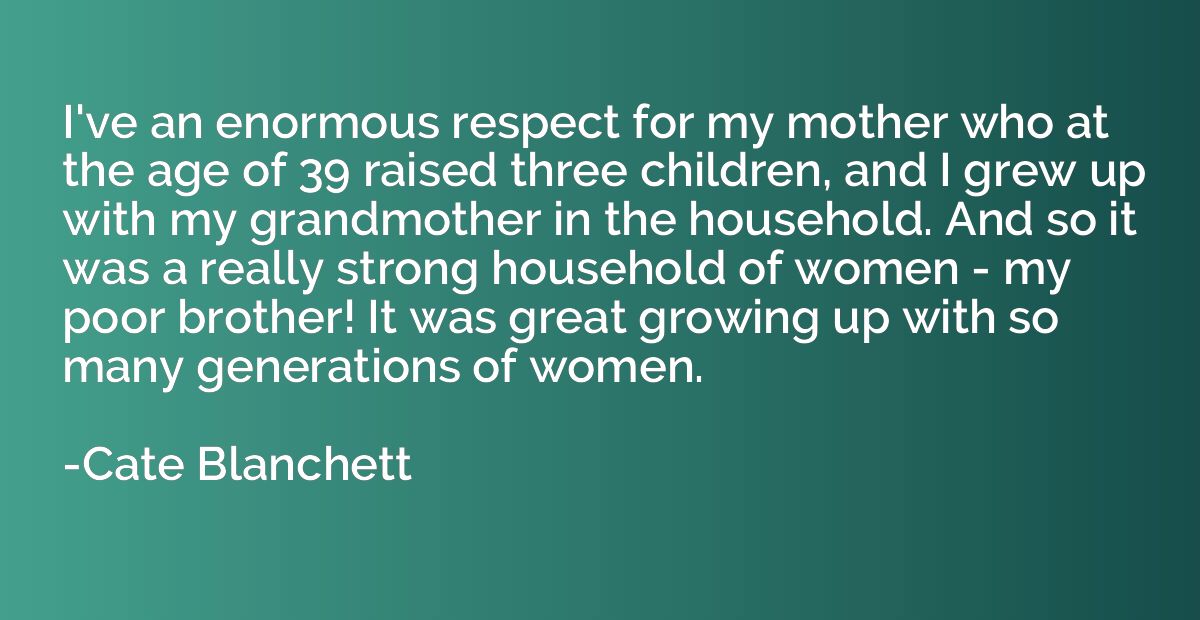Quote by Charles Dickens
The very dogs were all asleep, and the flies, drunk with moist sugar in the grocer's shop, forgot their wings and briskness, and baked to death in dusty corners of the window.
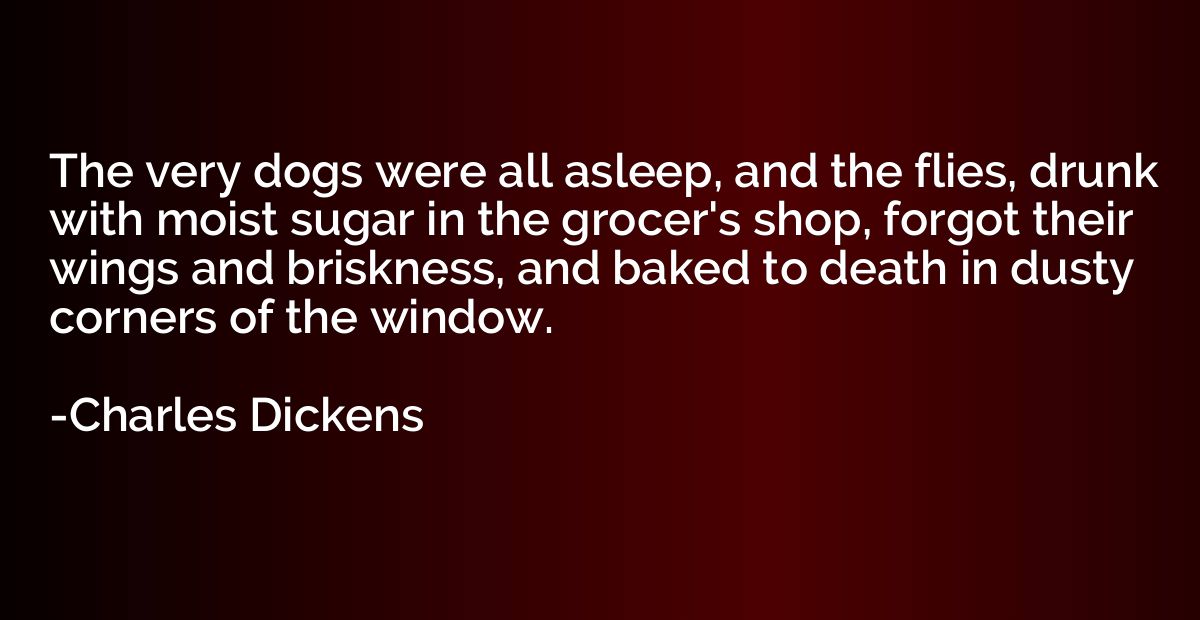
Summary
This quote describes a scene where even the usual activities of dogs and flies are interrupted. The dogs are depicted as completely still, conveying a sense of tranquility in the environment. Meanwhile, the flies, usually buzzing and active, succumb to the temptation of sweet sugar and find themselves unable to move or escape, ultimately meeting their demise. This description evokes a feeling of stagnation and torpidity, emphasizing the stillness and heat of the atmosphere.





